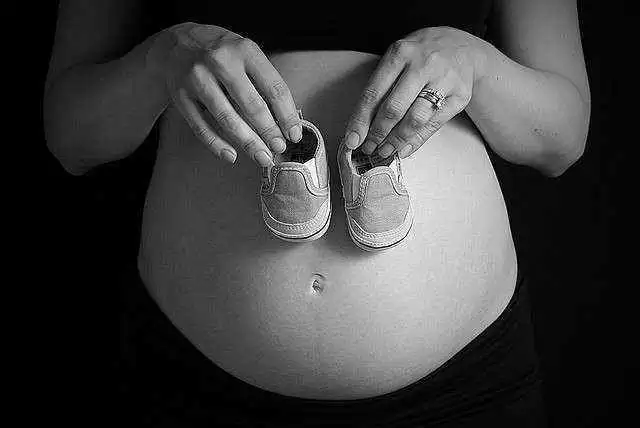Celiac.com 05/02/2017 - Do women who use dietary supplements during pregnancy face higher rates of celiac disease in their offspring?
To answer this question a team examined the maternal use of vitamin D, n-3 fatty acids (FA) and Fe supplements during pregnancy and looked for any corresponding risk for celiac disease autoimmunity, or celiac disease, in their children.
Celiac.com Sponsor (A12):
The study, known as The Environmental Determinants of Diabetes in the Young, or "TEDDY," prospectively followed from birth children with increased genetic risk. The team defines celiac disease autoimmunity as the presence of persistently positive tissue transglutaminase autoantibodies (tTGA).
The TEDDY research team includes Jimin Yang, Roy N. Tamura, Carin A. Aronsson, Ulla M. Uusitalo, Åke Lernmark, Marian Rewers, William A. Hagopian, Jin-Xiong She, Jorma Toppari, Anette G. Ziegler, Beena Akolkar, Jeffrey P. Krischer, Jill M. Norris, Suvi M. Virtanen, and Daniel Agardh.
For their study, the team enrolled 6,627 children with confirmed celiac disease. They confirmed celiac diagnosis either with biopsy results, and also included those with likely celiac, if they had persistently elevated levels of tTGA>100 AU.
Of the 6,627 children originally enrolled, 1,136 developed celiac disease autoimmunity at a median 3·1 years of age (range 0·9–10) and 409 developed celiac disease at a median 3·9 years of age (range 1·2–11).
The data showed that 66% of mothers used supplements containing vitamin D, 17% containing n-3 FA, and 94% containing iron, at 3–4 months postpartum.
Over the entire pregnancy, mothers consumed an average total intake of 2,014 μg vitamin D (sd 2045 μg), 111 g n-3 FA (sd 303 g) and 8,806 mg Fe (sd 7,017 mg).
After adjusting for country of residence, child's human leucocyte antigen genotype, sex, family history of celiac disease, any breast-feeding duration and household crowding, Cox's proportional hazard ratios showed no statistically significant association between the intake of vitamin D, n-3 FA or Fe, and risk for celiac disease autoimmunity or celiac disease.
The use of dietary supplements during pregnancy may improve nutrition, but it is not likely to have any effect upon the risk for celiac disease in the offspring.
Source:
The researchers in this study are variously associated with the Health Informatics Institute, Morsani College of Medicine, University of South Florida, Tampa, FL, The Diabetes and Celiac Disease Unit, Department of Clinical Sciences, Lund University, 20502 Malmö, Sweden, Barbara Davis Center for Childhood Diabetes, University of Colorado School of Medicine, Aurora, CO, Pacific Northwest Diabetes Research Institute, Seattle, WA 98122, USA, the Center for Biotechnology and Genomic Medicine, Augusta University, Augusta, GA, the Department of Physiology, Institute of Biomedicine, University of Turku, Finland, the Department of Pediatrics, Turku University Hospital, 20520 Turku, Finland, the Institute of Diabetes Research, Helmholtz Zentrum München and Klinikum rechts der Isar, Technische Universität München, and Forschergruppe Diabetes e.V., 80804 Neuherberg, Germany, the National Institute of Diabetes and Digestive and Kidney Diseases, National Institutes of Health, Bethesda, MA, the Department of Epidemiology, Colorado School of Public Health, University of Colorado Anschutz Medical Campus, Aurora, CO, the Unit of Nutrition, National Institute for Health and Welfare, 00300 Helsinki, Finland, the Health Sciences Center, Center for Child Health Research, University of Tampere, Tampere University Hospital, 33521 Tampere, Finland, and the The Science Center, Pirkanmaa Hospital District, 33521 Tampere, Finland.



.webp.e254947a67d48afc7acbaffdb2a53d9c.webp)



Recommended Comments
There are no comments to display.
Create an account or sign in to comment
You need to be a member in order to leave a comment
Create an account
Sign up for a new account in our community. It's easy!
Register a new accountSign in
Already have an account? Sign in here.
Sign In Now